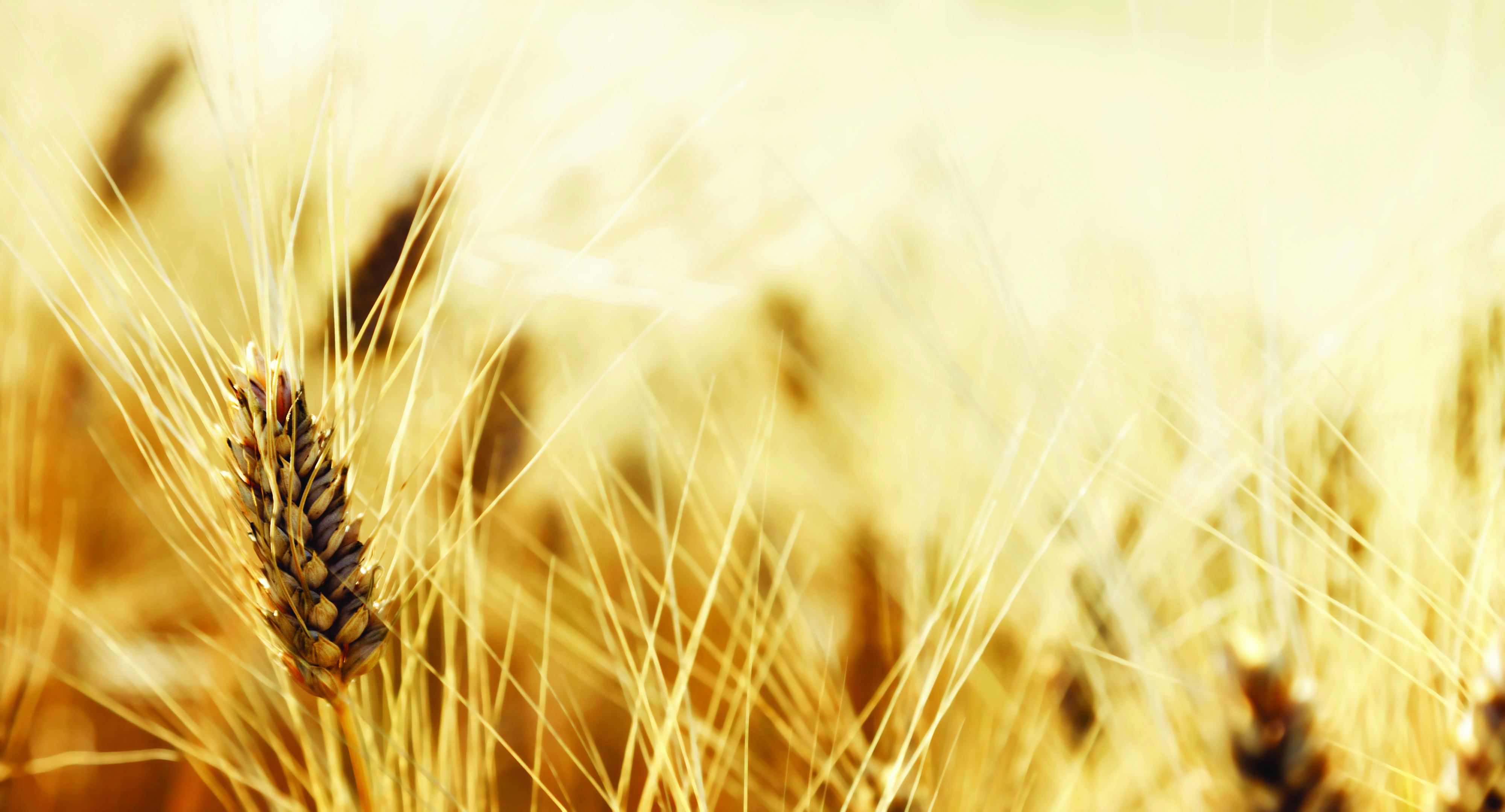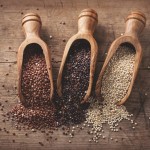Going against the grain | by

Experts offer pros and cons of grain-free dieting
Bloating and brain fog were just two nuisances that a grain-free diet eliminated for Maddie Berky, who adopted the way of eating five years ago. Within two weeks of trying the Paleo diet, which also cut out dairy and legumes, the 27-year-old former athlete was hooked, her energy boosted and skin problems gone as well.
“I didn’t realize I’m pretty sensitive,” says Berky, now a CrossFit trainer and indoor rowing coach in Denver. “I thought it was normal to need a coffee at 3 p.m. or an antacid after a meal. Now, I feel my best. My energy, focus, and skin are better.”
Many people are jumping on the grain-free trend in recent years, especially those following the Paleo, Atkins, Wheat Belly, or other low-carbohydrate diets, says Debbie Allen, a holistic nutrition therapist with Denver Nutrition. Going grain-free can have benefits for some people, says Allen, who notes that she has been grain-free for years, along with many of her clients. But, as with any diet change, it should be done carefully, Allen and other experts say.
Is grain-free for you?
Many people are going grain-free because they have allergies or sensitivities to either the grain itself or the herbicide glyphosate or other chemicals used to grow and process grains, Allen says. Allergic reactions are serious and usually involve breathing problems, whereas sensitivities can manifest as gout, arthritis, congestion, constipation, sinus problems, skin problems or even headaches.
Professor Melissa Wdowik, with the Food Science and Human Nutrition department at Colorado State University, advises people to exclude wheat first. “Wheat is the most common aggravator and rarely is a person allergic/sensitive to all grains,” Wdowik says. “Get tested for a wheat allergy with a skin and blood test before cutting out an entire food group,” she says. “Pinpointing the source rather than completely eliminating all grains can make life more enjoyable.” After testing, do an elimination diet and work with a dietician, she says.
Some grains are better than others. People can usually eat quinoa, buckwheat and oats, which are also more readily available. Just be sure to look for ones that are packaged as gluten-free and organic to get a purer source, Allen says. People with wheat and gluten sensitivities usually have problems with wheat derivatives, as well as barley and rye.
If your sole motivation for a grain-free diet is to lose weight and unwanted belly fat, it might not be a wise choice. Such weight loss is usually temporary and not good for long-term success, says Jessica Crandall, a registered dietician nutritionist and spokesperson for the Academy of Nutrition and Dietetics. Instead, she recommends eating grains in the right serving size (much smaller) and eating healthier overall. Sometimes, Wdowik says, people who eat grain-free feel better not because they are cutting out grain but because they cut out processed foods with extra things added, such as sugar and fat.
 Going grain-free
Going grain-free
If you are going to adopt a grain-free diet, make sure you meet your nutritional needs by following these health expert recommendations:
Get your fiber and vitamins. Eat foods that will give you the fiber, B vitamins, and iron that you’d otherwise get from eating grains, Crandall says.
Clean protein. Your protein sources should be grass-fed and wild-caught, especially if you have grain allergies or sensitivities, Allen says.
Don’t just substitute with more protein and fat. “Your diet should be as nutrient dense as possible,” says Wdowik. “If you are going to cut grains, add more vegetables and fruits to your diet, too.”
Monitor your energy. Grains are a primary carbohydrate source and, therefore, a major fuel source. Inadequate carbohydrate consumption can leave a person feeling fatigued with increased risk for injury. You’ll know if your nutritional needs are being met by monitoring how you feel 24/7, not just during peak performance, says Wdowik. Do you have energy? Can you concentrate or do you have brain fog? Do you have regular bowel movements?
Carbohydrate intake per day varies by a person’s size and activity level. If you are an athlete, you need ample energy for performance and recovery, with recovery needs often overlooked. Crandall says new research shows both strength-training and endurance athletes should focus on a balanced meal. A person should consume a minimum of 120 grams of carbohydrates a day. If you are an athlete, you may need more.
Berky, who still follows the Paleo diet, gets most of her carbohydrates by eating sweet potatoes, plantains and a variety of winter squash, including butternut, acorn and pumpkin. For those days when she needs extra energy, she eats some white rice because it is easier to digest and gives her quick energy, she says. “I’m pretty fit now – a lean, mean, fighting machine,” says Berky. “My diet helps nourish my body to be safe and dynamic.”
Leave a Comment
Please be respectful while leaving comments. All comments are subject to removal by the moderator.


